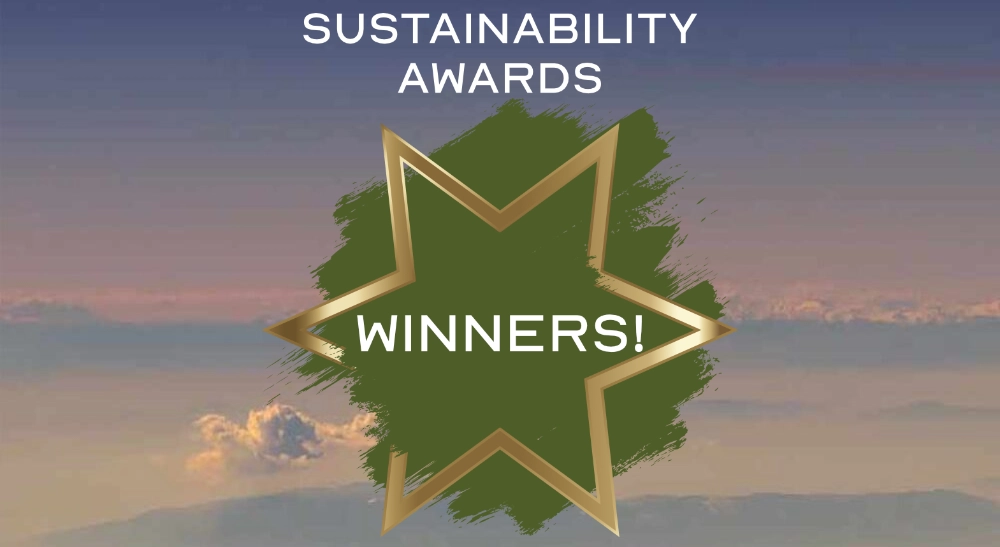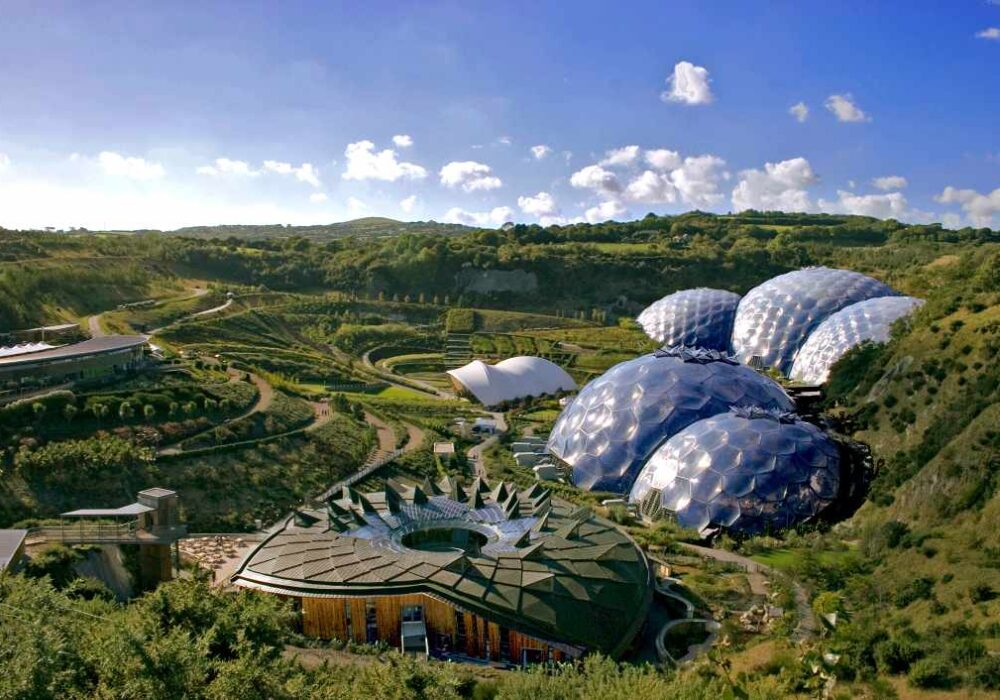Our latest sustainability awards and nominations.
WHAT EXACTLY IS A SUSTAINABLE SOCIETY?
There are many ways to define sustainability. It is simplest to say that a sustainable society is one that can persist over generations; one that is farseeing enough, flexible enough, and wise enough not to undermine either its physical or its social systems of support.
In 1987 the World Commission on Environment and Development put the idea of sustainability into memorable words:
‘A sustainable society is one that meets the needs of the present without compromising the ability of future generations to meet their own needs’. To be materially and energetically sustainable, the economy’s throughputs would have to meet certain conditions:
• use of renewable resources do not exceed their rates of regeneration.
• use of non-renewable resources do not exceed the rate at which sustainable renewable substitutes are developed.
• pollution emissions do not exceed the assimilative capacity of the environment.
Such a society, with a sustainable ecological footprint, would be almost unimaginably different from the one in which most people now live.
‘Can we move nations and people in the direction of sustainability? Such a move would be a modification of society comparable in scale to only two other changes: the Agricultural Revolution of the late Neolithic and the Industrial Revolution of the past two centuries. Those revolutions were gradual, spontaneous, and largely unconscious. This one will have to be a fully conscious operation, guided by the best foresight that science can provide. . . . If we actually do it, the undertaking will be absolutely unique in humanity’s stay on the Earth’. — William D. Ruckelshaus, 1989






This Post Has 0 Comments